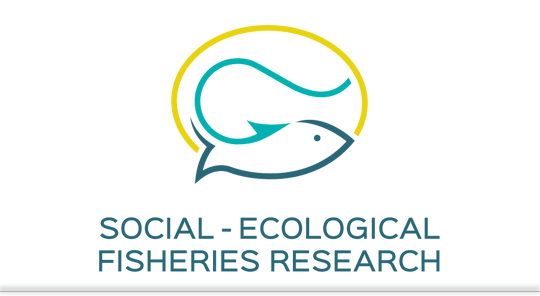The emergence of leaders and followers is a key factor in facilitating group cohesion in animals. Individual group members have been shown to respond strongly to each other’s behavior and thereby affect the emergence and maintenance of these social roles. However, it is not known to what extent previous social experience might still affect individual’s leading and following tendencies in later social interactions. Here, by pairing three-spined sticklebacks (Gasterosteus aculeatus) with 2 different consecutive partners, we show a carryover effect of a previous partner’s personality on the behavior of focal individuals when paired with a new partner. This carryover effect depended on the relative boldness of the focal individual. Relatively bold but not shy fish spent less time out of cover and led their current partner less if they had previously been paired with a bolder partner. By contrast, following behavior was mainly influenced by the personality of the current partner. Overall, the behavior of relatively bold fish was more consistent across the stages, whereas shy fish changed their behavior more strongly depending on the current context. These findings emphasize how the history of previous social interactions can play a role in the emergence and maintenance of social roles within groups, providing an additional route for individual differences to affect collective behavior.
The role of previous social experience on risk-taking and leadership in three-spined sticklebacks
Project BType , Peer-reviewed

Jolles, J. W., Fleetwood-Wilson, A., Nakayama, S., Stumpe, M. C., Johnstone, R. A., Manica, A. (2014). The role of previous social experience on risk-taking and leadership in three-spined sticklebacks. Behavioral Ecology, 25, 1395-1401
Published
: 2014
Appeared in
: Behavioral Ecology, 25, 1395-1401
